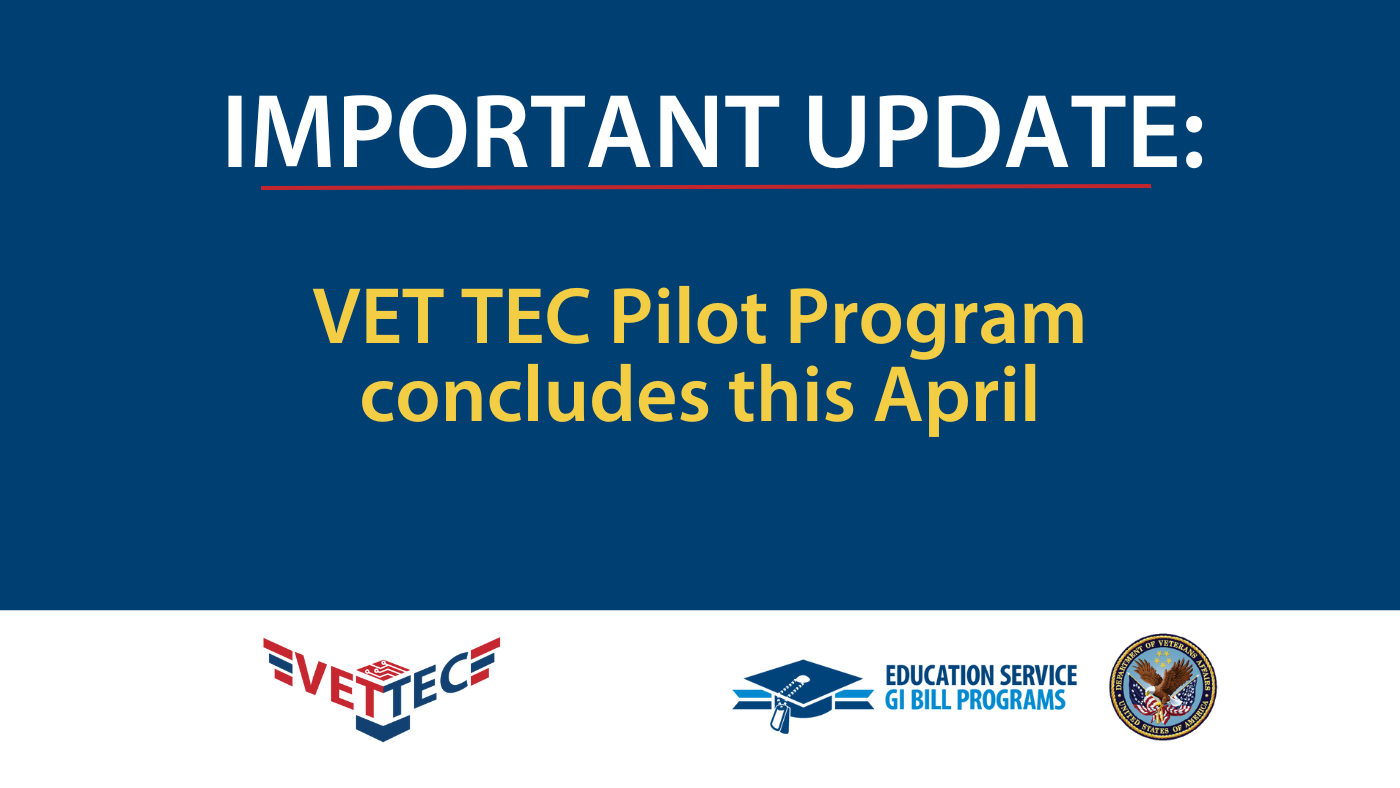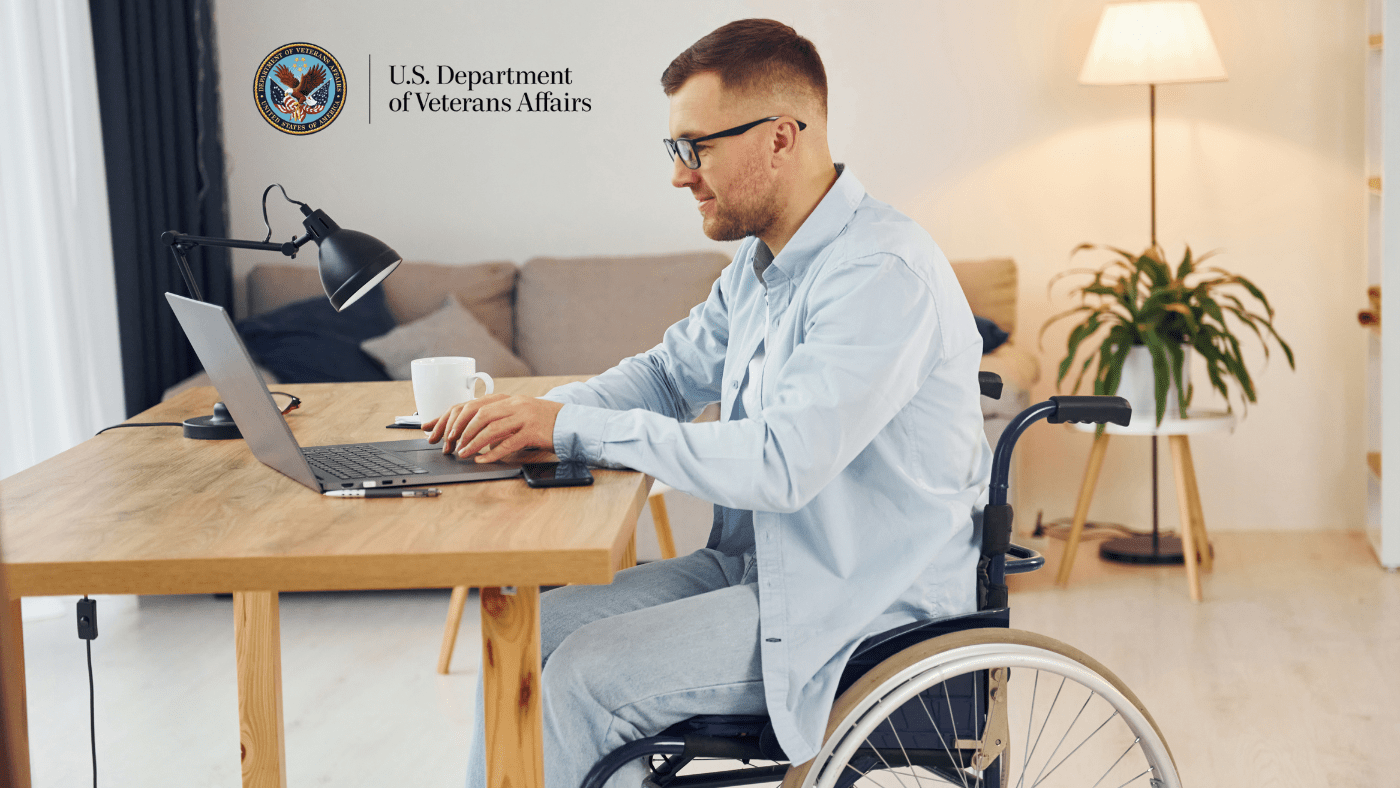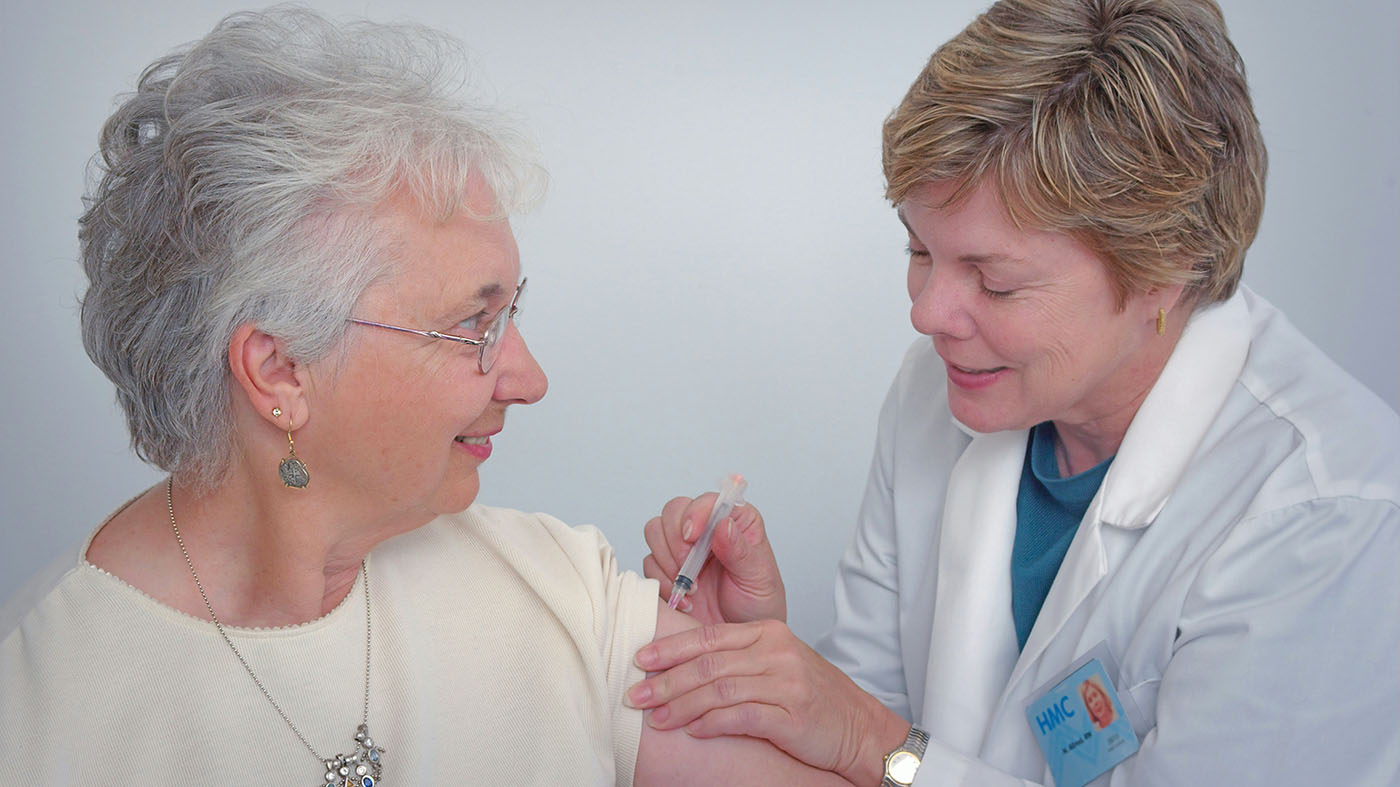VA’s deputy director of Suicide Prevention, Dr. Caitlin Thompson, will participate in the “Behind the Lines” panel discussion hosted by The Washington Post at 6:30 pm today. Five other speakers will join her as they discuss and answer questions about the long-term effects of war have on Veterans.
Being a voice for suicide prevention may not have been what Thompson originally intended when she began her career with VA, but her passion for helping those in crisis, and her new position, pushed her to speak more on the issue. She’s known people who have died by suicide, attempted suicide, and she felt more could have been done to help them.

“Continuing to reach out to people and letting them know what VA is doing for Veterans, is incredibly important,” Thompson said of her role on the panel. “Events like these are a huge challenge, but they can also be informative for those that need help, or know somebody who does. It’s an honor for me to be a part of this talk.”
Almost nine years after Thompson first walked into the Denver VAMC as an intern, she still remembers the way it felt to interact with her patients. She had no ties to the military and had never worked at a VA facility before, but was immediately drawn to Veterans and their needs — especially older Vets who were dealing with decades of mental health issues.
“I knew that I wanted to work for Veterans,” she said. “Just to be able to be a part of these men and women’s lives and really help them better understand what’s going on with them. Whether it’s something that happened 40 years ago, or within the last year, it seemed to be a perfect fit for me.”
She went on to work at the National Veterans Crisis Line as the clinical care coordinator and saw the life-saving service go from 30 responders to 300 staff members during her five-year tenure. The crisis line is now a vital part of VA’s suicide prevention efforts and has received more than a million calls since being established in 2007.
Now, the Allentown, Pennsylvania native is responsible for policy development and provider and patient education in the areas of suicide awareness and prevention — implementing assessment and treatment strategies and the dissemination of new findings in the area of suicide throughout the VA system. She is proud of the work VA is doing and how far the program has come with the help of dedicated employees like the 300 suicide prevention coordinators across the country.
“Suicide prevention is so deeply important,” the Brown University alumna said. “We know that people who get care do better and are able to stave off being suicidal thoughts … There’s always lots more to be done, but we will continue to move this program forward and stay on the frontlines of helping Veterans.”
Follow the twitter hashtag #AftertheWars to ask questions and join in on the conversation.
Topics in this story
More Stories
Over the five-year program, more than 14,000 VET TEC beneficiaries completed their program and nearly half have reported finding meaningful employment with an average starting annual salary of $65,000.
VA is calling for applicants for the 2024 Specially Adapted Housing Assistive Technology grant.
Updated COVID vaccines are available free of charge to Veterans receiving care at VA .








my Harlingen Texas VA refuse to refill my Service Connected Meds back in 2010 till now I am without my Meds, have be in pain and suffering since 2010 just because this VA decided not to refill my Meds. I am a Retired Disable Korea Veteran with 70% Service Connected VA Rating and served 20 years and 4 months of Army Military Time. I submitted a VA Torn Claim and went all the way to Washington DC VA and got disapprove, I send it to my U.S. President, never got a response from him. I did get one from the U.S. Senator , he wrote to Harlingen Texas VA Director but at the end the Senator told me he can not help me, Than I fill out a Form with the OIG, hope they can Help Me.
Here in San Francisco, California at the sfvamc we can litterly look out at the sucide bridge aka the golden gate. It is known world wide as the sucide bridge. According to ABC news 1200 people have died there since 1937. http://abcnews.go.com/2020/story?id=2592841
There is even a movie,”The Bridge” about these sucides; there were 40 deaths in the movie’s year and 45 more deaths in 2013.
http://en.wikipedia.org/wiki/The_Bridge_(2006_documentary_film)
Yet, even with all this info, everone is gridlocked as to installing a sucide barrier on the city side of the bridge. My wife, a retired San Francisco city/county Psychologist, tells me that sucides always jump looking toward the city. Also, the mantra that: if they fail to die on the bridge they will do it somewhere else has been shown to be mostly false.
http://www.slate.com/articles/health_and_science/medical_examiner/2013/10/golden_gate_bridge_suicide_barrier_controversy_and_cost_over_a_life_saver.html
This is also a problem for the US Coast Guard as they have to go out and pick up the human remains.This seems like it would be an issue for Homeland Security (HS). HS also has the funds and the authority to correct this hazard. Will you please add your voice and expertise to correcting this sucide magnet. I can only guess how many of these bridge sucides are veterans.
Thank you.
Let not forget us old veterans, all I hear is Iraq and Afghanistan veterans, what about Korea and the others. So our government has forgotten us old veterans. Very sad just to hear about nowadays veterans ONLY…